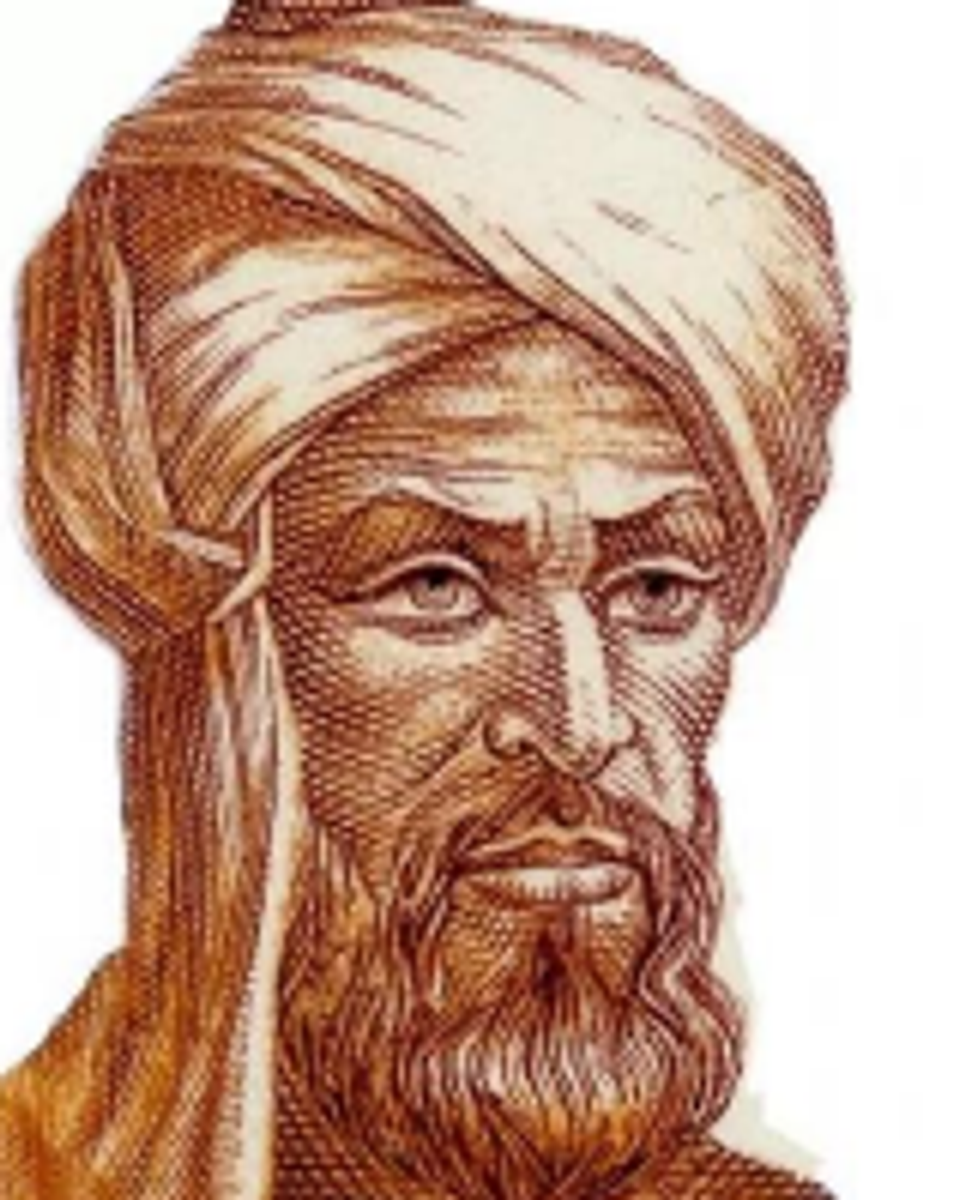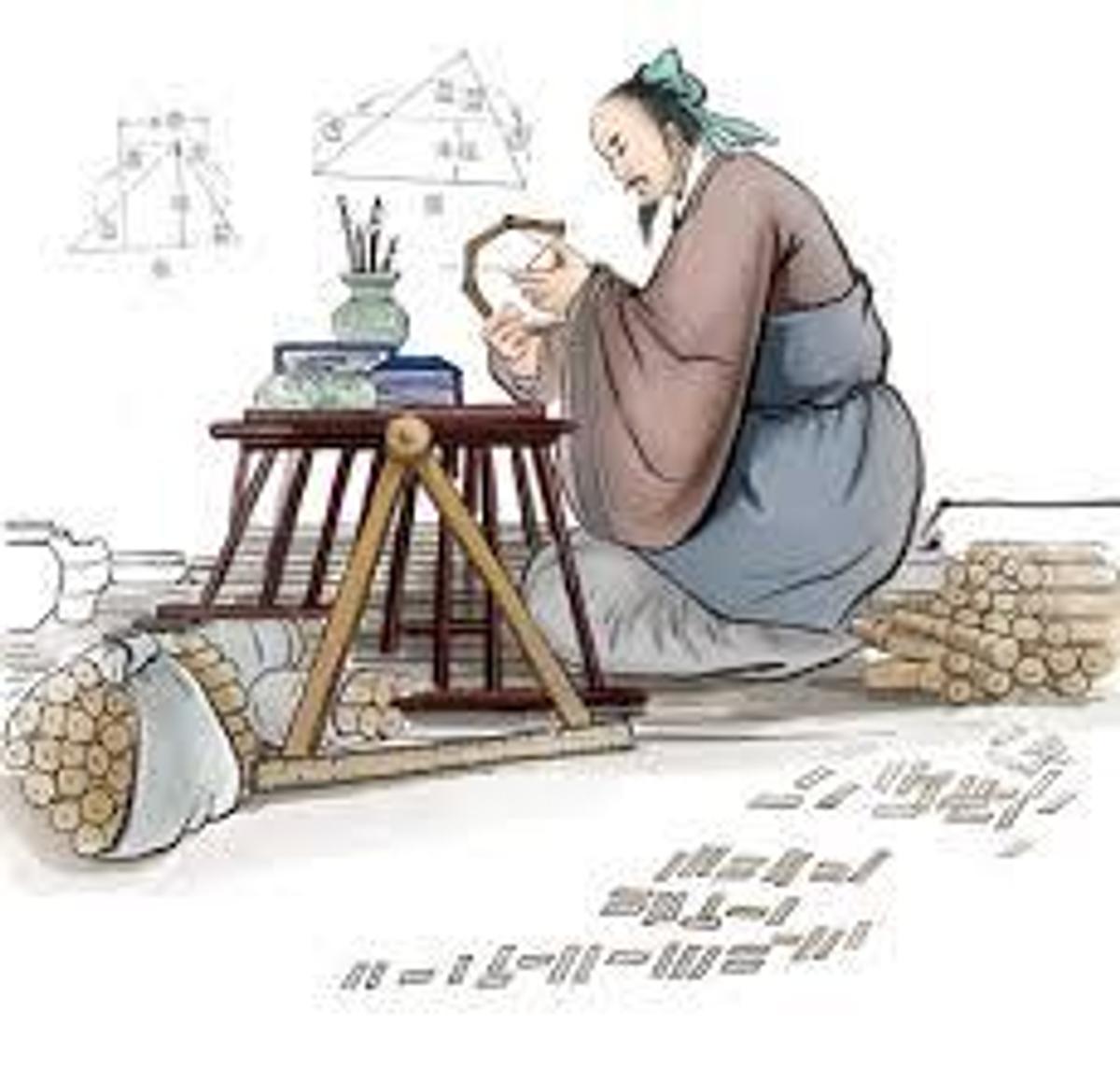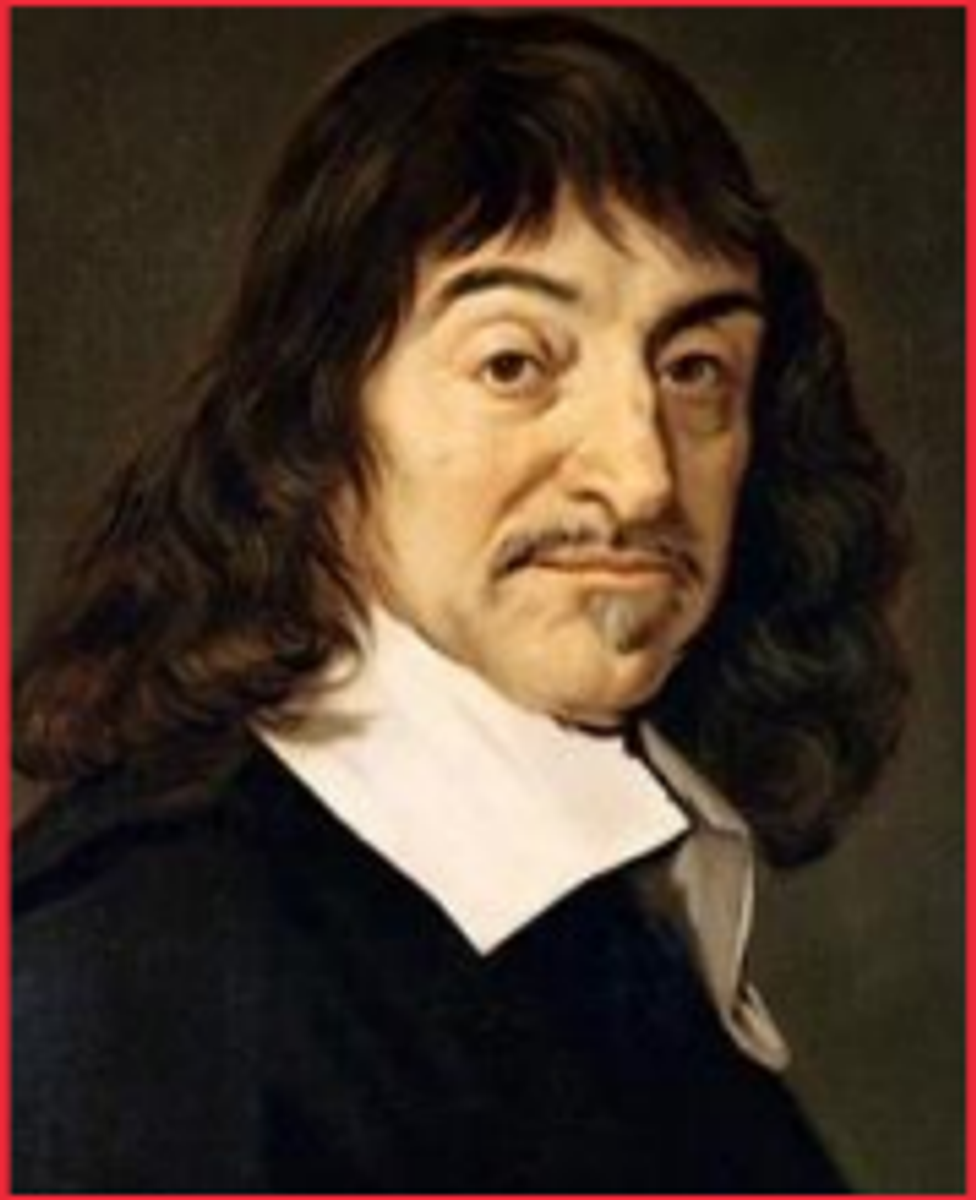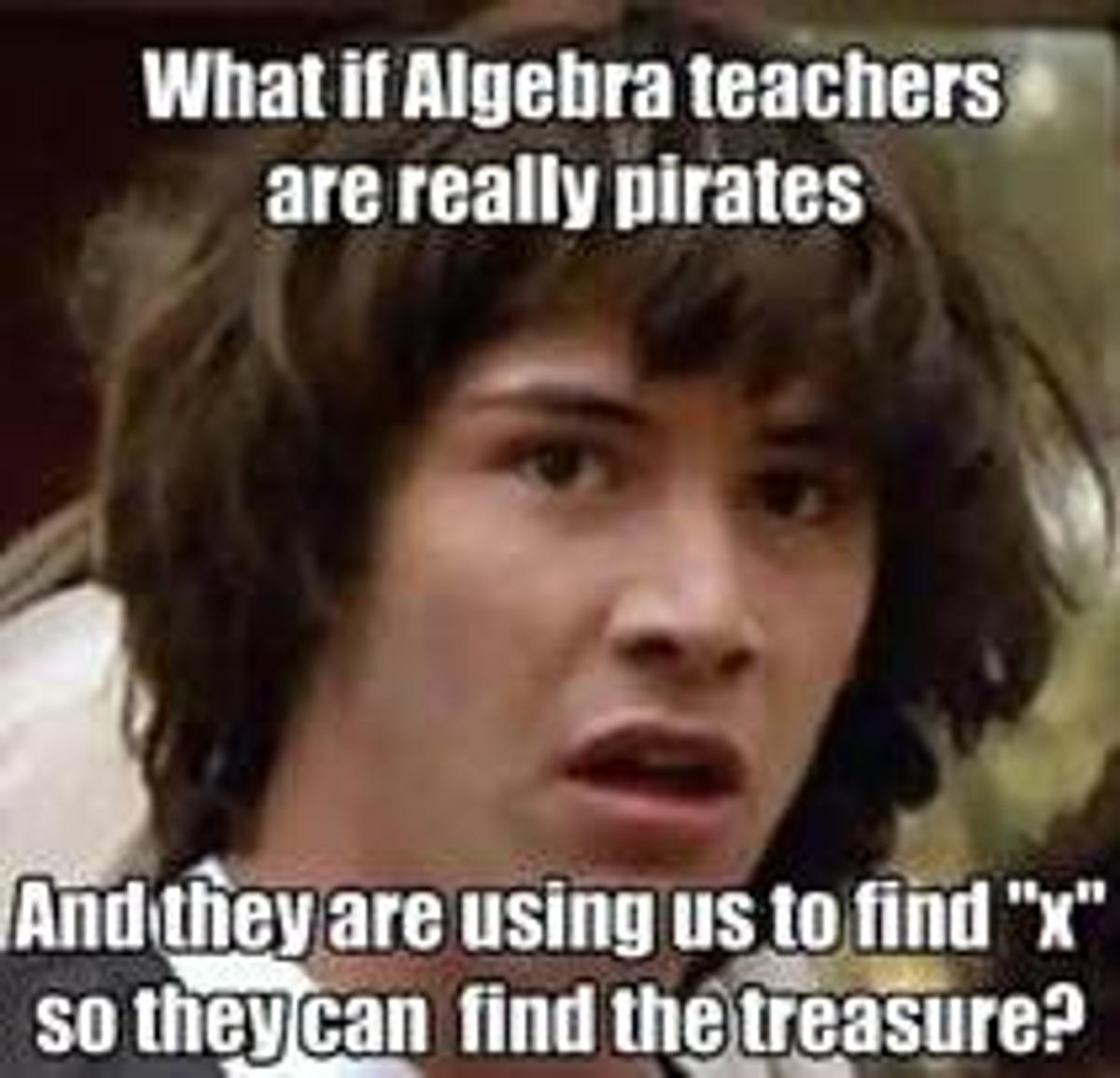MATHS
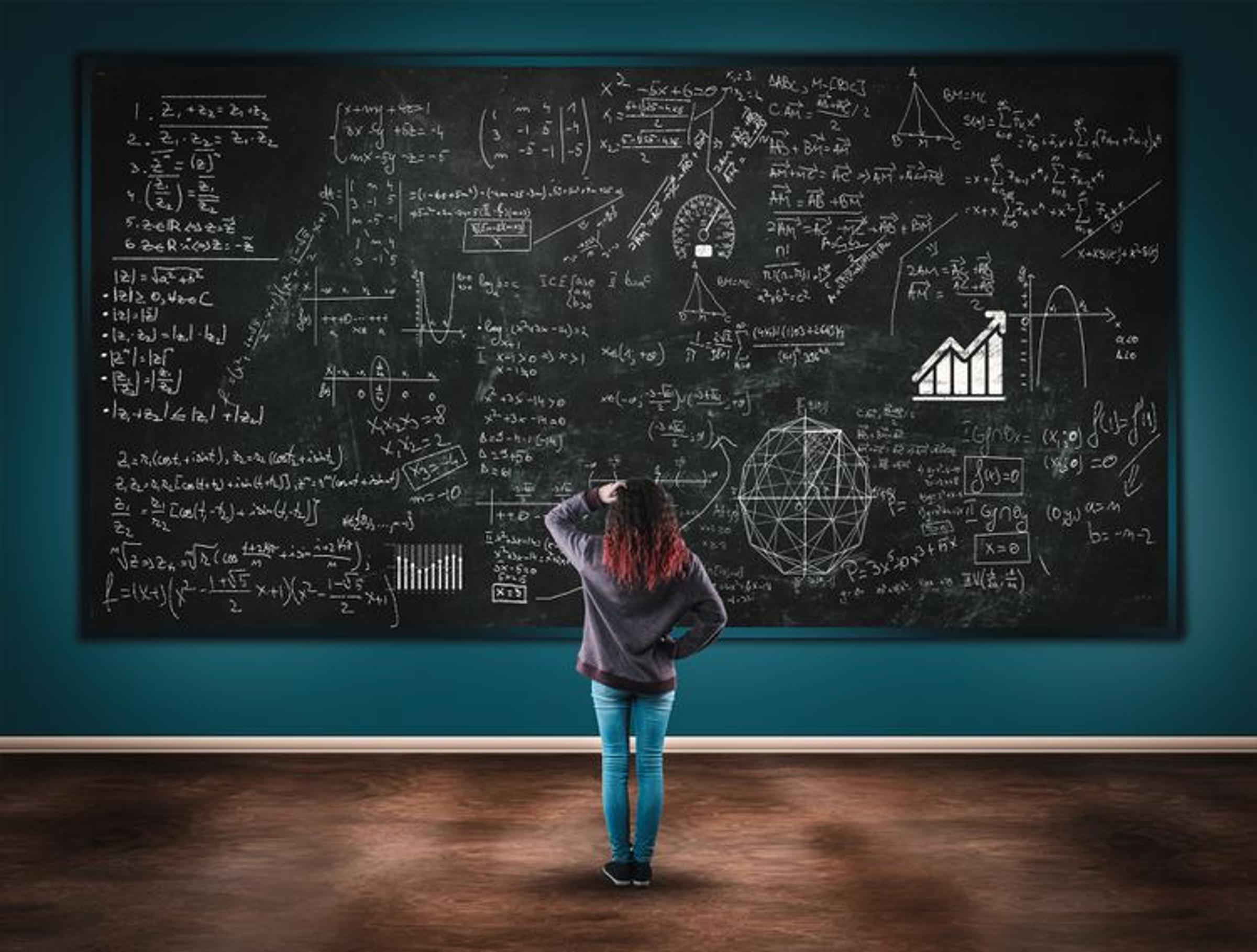
WHY IS THERE SO MUCH ALGEBRA IN MATHS?
“When will I ever need to know this?” a student interjects when solving a quadratic equation. My response is that Mathematics is inextricably tied to the human history of discoveries, innovation and progress. To continue to make progress will require more Maths.
Take Algebra for example, a branch of mathematics that every student encounters. At every year level students will undertake units of work from the introduction of pronumerals and equations at Year 7 through to the algebra of complex numbers, vectors and calculus in Year 12 Specialist Maths. It is a way to take maths from concrete calculations to more abstract understanding, which can make it very challenging.
The simplest definition is that algebra is about finding unknown values and understanding how numbers and symbols relate to each other. The origin of the word algebra is from the Arabic term “al-jabr,” which translates as “reunion of broken parts” or “restoration.” This was first used in the title of a mathematical text written in the 9th century by Persian mathematician Muhammad ibn Musa al-Khwarizmi, in his book Al-Kitāb al-Mukhtaṣar fī Ḥisāb al-Jabr wal-Muqābala, which laid a foundation for solving linear and quadratic equations.
However, Algebra didn’t start with al-Khwarizmi. The Ancient Babylonians, Greeks and Indian mathematicians used early forms of algebra to solve equations over 4,000 years ago, although they did so in words and numbers, without symbols. In China they used counting rods and matrices to solve equations as detailed in “Nine Chapters on the Mathematical Art" by Jiu Zhang Suanshu from the Han dynasty. The Islamic Golden Age, saw an expansion on Greek and Indian mathematics then Al-Khwarizmi’s work reached Europe via Latin translations in the 12th century, helping to kickstart the Renaissance in mathematics.
In the 16th and 17th centuries, European mathematicians like Leonhard Euler and René Descartes (my favourite historical mathematician!) introduced more symbolic algebra. Descartes’ use of x, y, and z as unknowns—and a, b, c for known values - laid the groundwork for the notation we use today.
Why Does It Matter Today?
Algebra is more than just a topic in school maths. It’s a tool used in science, engineering, computer programming, economics, and beyond. It helps us model real-world problems, make predictions, and understand patterns. From designing bridges to writing algorithms, algebra is everywhere.
So next time you solve for x, remember you're participating in a tradition thousands of years in the making. And if you are interested in learning why I like the stories of Descartes so much, come and chat to me in Maths Help or anywhere else sometime.
Emma Mullane
Key Learning Area Manager – Mathematics

